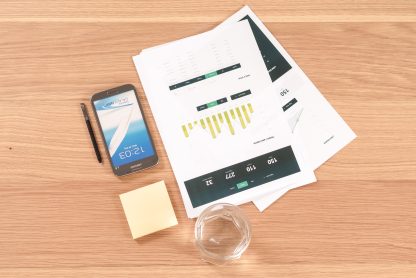With interest rates set the rise over the years, one will need to find ways to afford the cost of living. Here are ways to do that
The financial out comes of Covid-19 have forced us to prioritise and cut down on certain expenses. But what happens when your income cannot meet your needs, especially your house (rented or owned) or transport? The costs associated with needs, including grocery or electricity, seem to get steeper by the day, but fortunately, you can make smart financial moves to manage these. Here’s how:
Home loan / bond payment
If you have a home loan, you are more than aware of the debit order that goes off every month. A quick trick is to ensure that your debit order is as close as possible to payday, then you know that it has been paid and you don’t need to worry about it anymore. Remember that interest rates will start increasing over the next few years, try to get used to paying the higher amount by paying extra into your bond now, a big advantage of that is that you will save on interest in the long run and get used to paying the higher amount when the rate hike happens.
Transport
We are very dependent on changing fuel prices and we have seen how these have increased in the last few months. Here are a few money management tips when it comes to transport.
- Do your grocery shopping once a month, avoid regular trips to stores. This will also save you money with unconscious spend
- To save fuel, drive carefully, avoid harsh acceleration and driving fast
- Service your car regularly and ensure that tyres are properly inflated
- Try to work from home if your company allows it and if you do need to go to work, try to car-pool with some colleagues
- Use your loyalty programme to pay for some of your fuel bill.
Groceries
Groceries are a major expense for all of us and it seems like it just ticks up every month. There are some smart moves that you can do to save some money.
- Do a monthly shop for the non-perishables
- Create a weekly menu, using the items you have in the cupboard and supplement with a few fresh items
- Watch out for popping in at a corner store to get one or two things, these are normally very expensive
- Look out for specials, you can maybe buy multiple items at better prices.
Electricity, airtime and data
While it may be easy to buy these in smaller amounts and it does not seem like a dent on the pocket, these can quickly add up to large amounts. If you buy R20 of airtime a day, it’s R140 a week or R560 per month. Rather look at your budget and see how much you want to spend on data and airtime, then look if it will not be cheaper to buy larger amount once off for more value or go on a contract. The same applies with electricity. The first step is to determine how much electricity you will use in a month, work on an average for about six months. Then buy the budgeted amount in the beginning of the month, this way you will reduce the effect of the step-up tariffs. Also, if you buy smaller amounts, it may seem like a little impact on your cashflow, but you may be affected by the step-up that applies to electricity tariffs. Some quick ways to save on electricity:
- Switch off lights when not needed
- Turn the geyser temperature to 55-60ºC
- Reduce reliance on tumble dryers
- If using a washing machine or dishwasher, only do a full load
- Match the size of a pot to the size of the stove plate
- Install an eco-friendly solution, such as solar.
Source: Supplied
Words: Ester Ochse, product head: FNB money management











